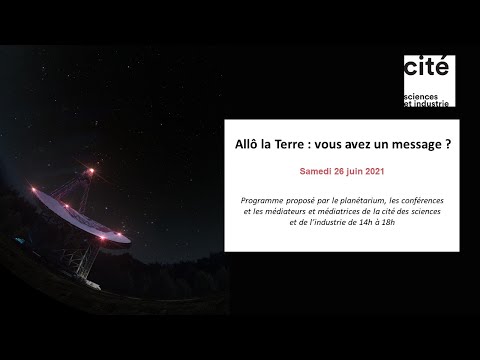| In Brief |
|
The search for extraterrestrial life has fascinated humanity for centuries. Imagining contact with beings from beyond pushes us to reflect on profound philosophical and ethical questions. Are we ready for such an encounter? The initiative “Exploring Otherness on Earth and Beyond” by the Einstein Foundation deals with these dilemmas. It emphasizes our ability to accept otherness, the radical difference that extraterrestrial life would represent. This exploration transcends mere scientific curiosity and touches upon our very understanding of diversity and the ‘other.’
Otherness: A Concept as Old as Humanity
Otherness is a concept that denotes what is perceived as different from our norm. Throughout history, humanity has faced otherness, whether in encounters between cultures or in our relationship with other animal species. These interactions have often been marked by cultural shocks but also by mutual enrichments. An encounter with extraterrestrials could amplify these dynamics in unimaginable ways.
If these life forms were radically different, how would we react? Our history is rich with examples where fear of the other has led to conflicts, but also where curiosity has paved the way to new understandings. Thus, extraterrestrial otherness could be both a source of anxiety and inspiration. This challenge compels us to think beyond our earthly borders, to envision scenarios that surpass our human experience.
An Encounter Full of Promises… or Dangers?
The prospect of encountering extraterrestrials is divisive. Some see it as an opportunity: these beings might possess knowledge capable of resolving our current crises, such as climate change or incurable diseases. In this optimistic view, the encounter would be a boon, a unique opportunity for progress.
For others, however, the idea of a technologically advanced civilization is synonymous with threat. The fear of invasion or domination by extraterrestrials fuels a distressing collective imagination, popularized by works of science fiction. In light of such a possibility, the question arises: would we be prepared to face a superior civilization, and how would we react to such radical otherness?
When Terrestrial Nature Meets Otherness
On Earth, our relationship with otherness is complex. Some animal species, like snakes or spiders, often elicit fear, while others, such as dogs, invoke feelings of affection. These reactions are deeply rooted in our psyche. Thus, an extraterrestrial encounter could trigger similar reactions, oscillating between fascination and apprehension.
If the extraterrestrials appeared threatening, our first reaction might be fear. However, if their appearance or behavior were more familiar, it could evoke curiosity and empathy. This dynamic reveals how much our perceptions are influenced by pre-existing patterns. Contact with another civilization might compel us to reevaluate our relationship with otherness, pushing us to transcend our primal instincts to embrace the unknown.
The Future Will Tell


The challenge of extraterrestrial otherness goes beyond the simple question of whether we will encounter other forms of life. It is an invitation to reevaluate our ability to accept and understand diversity in all its forms. This encounter could be an opportunity for humanity to redefine its values and relationship with the ‘other.’
In the face of this eventuality, are we ready to embrace the unknown, to transcend our fears in order to welcome difference? This reflection prompts us to question our ability to accept otherness, whether terrestrial or extraterrestrial. How will we prepare for this potential clash of civilizations?








